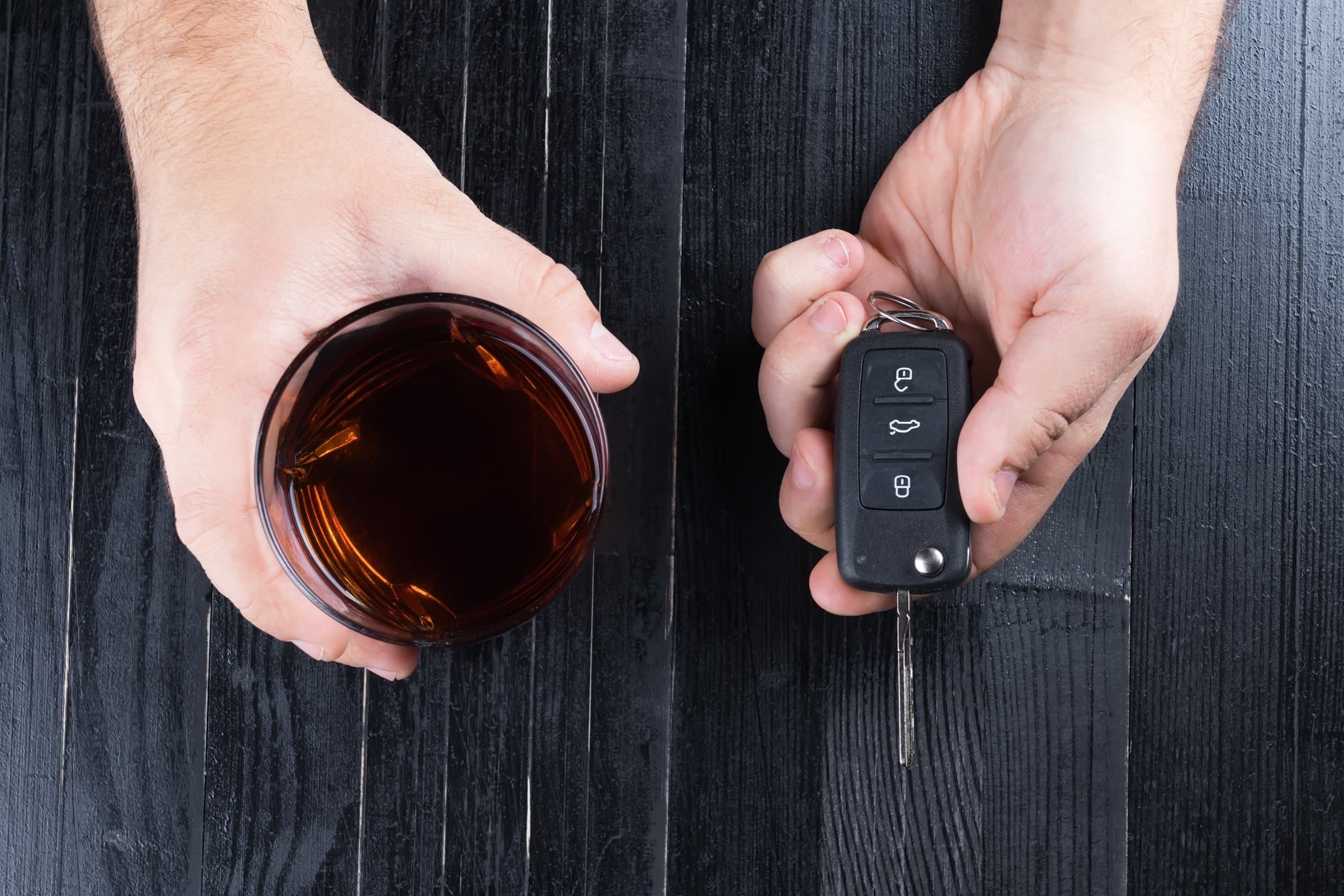A DUI charge can be an incredibly scary experience. Many people have never had a run-in with law enforcement before, much less been accused of a crime. However, DUIs happen to many Coloradans each year, so it’s vital to understand the laws that govern this type of crime here.
How much do you know about DUI laws in the state? Test your knowledge by reading to find the most important Colorado DUI laws everyone should know.
What Is Driving Under the Influence?
In Colorado, someone perpetrates a DUI crime or driving under the influence while operating a vehicle under the influence of alcohol or other drugs. The legal limit is a blood alcohol level of 0.08 percent.
Of course, a DUI charge isn’t the only charge a person under the influence can face. Colorado also has a DWAI, which is driving while ability impaired. This is essentially a restriction on driving after consuming alcohol.
It includes those with a blood alcohol level of between 0.05 and 0.08 percent (at or below the legal limit) who are impaired by law enforcement.
Express Consent in Colorado
Colorado, like many other states, has an express consent law. That means that when a citizen is issued a driver’s license, they are effectively consenting to have a blood alcohol test if they are pulled over and suspected of driving under the influence.
It is up to the person what test they take, breath, blood, or urine, but you cannot refuse to take a test, or you face penalties for that refusal. These penalties include the revocation of your driver’s license immediately and a driver’s license suspension for up to 12 months – all for refusing the chemical test you have given express consent.
Zero Tolerance Law
Colorado has a zero-tolerance law for those under the legal drinking age of 21. That means anyone under the legal drinking age who is pulled over with alcohol in their system between 0.02 and 0.08 percent can be charged with a DUI.
Buy and Possess Laws
Speaking of underage drinking, anyone under the age of 21 in Colorado also may not possess alcohol inside of a car in operation. Even if the driver is not drinking, having alcohol in the car when driving is illegal for anyone not of the legal drinking age in the state.
Lookback Periods
Some states have what are called lookback periods. These laws state that if a person has been convicted of driving under the influence in the past, the court can use that conviction to place a tougher penalty on the driver. It doesn’t matter when the DUI occurred in the past, simply that it’s on a person’s criminal record.

In Colorado, minimum sentences and strict penalties are enforced for DUIs based on previous DUI convictions. Judges have the discretion to increase minimum sentencing based on their previous history, though a judge may be more lenient if the prior DUI was a conviction in the not-so-recent past.
DUIs are serious in Colorado, so it’s important to not only know the law but also know your rights within the confines of the law.
About the Author:
Kimberly Diego is a criminal defense attorney in Denver practicing at The Law Office of Kimberly Diego. She obtained her undergraduate degree from Georgetown University and her law degree at the University of Colorado. She was named one of Super Lawyers’ “Rising Stars of 2012 & 2019-2022” and a “Top 100 Trial Lawyers in Colorado” for 2012-2022 by The National Trial Lawyers. Both honors are limited to a small percentage of practicing attorneys in each state. Additionally, Expertise names her to its lists of the 25 Best Denver DUI Lawyers and 21 Best Denver Criminal Defense Lawyers, both in 2020-2022. Ms. Diego has also been recognized for her work in domestic violence cases.





